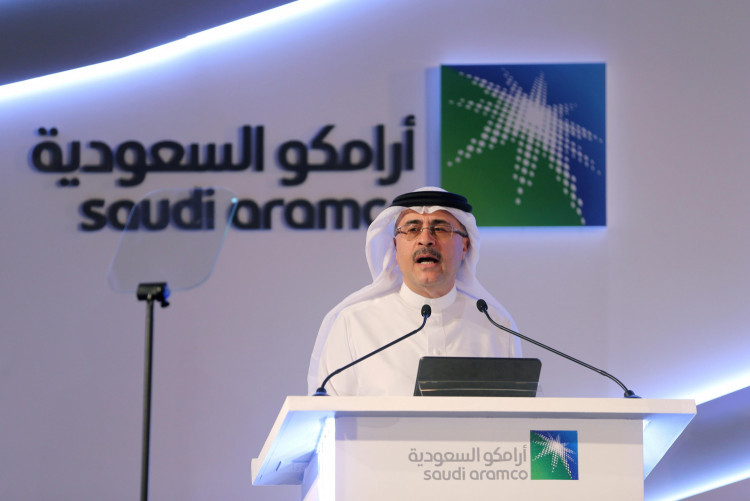Aramco has been asked by the Saudi Energy Ministry to raise its oil output potential from 12 million bpd to 13 million barrels per day, the corporation's chief executive Amin Nasser, said in a report obtained by Reuters.
The news comes on the heels of an Aramco declaration with the Saudi stock exchange that it will boost oil production to 12.3 million bpd next month.
The United Arab Emirates, a strong Saudi partner, vowed then to drive consumers more crude than it usually generates. They are fresh attempts in an all-out battle that has seen markets crash and the consumer forecast flatten as countries plan to produce as fast as possible.
Although it could take years and billions of dollars in investment to provide the extra capacity, the move indicates that Crown Prince Mohammed bin Salman has no inclination of stepping back from his extreme response to the collapse of OPEC's coalition with Russia and other oil producing nations.
In recent years, Saudi Arabia has not seen Europe as a key market, as it has favored ever-increasing competition in Asian markets. Yet in the battle of revenue, the Kingdom is now trying to push Russian oil out of Europe by providing heavy discounts that make its Arab Light crude priced at Rotterdam at as low as $25 a barrel, far cheaper than the Urals level.
This weekend, after Russia said it would not engage in further output decreases, Saudi Arabia took to action with Energy Minister Alexander Novak adding the national oil firms would restart regular output from April. It could add up to existing output levels of about 300,000 bpd, or up to 500,000 bpd.
The change comes after an agreement between the Oil Petroleum Exporting Countries - in turn led by the Gulf states - and Russia, fell harshly last week. Russia has declared it will fight back by triggering its own supplementary resources.
But Moscow has nowhere near the amounts of undiscovered output kept by the Gulf nations and its leadership has modified its tone, claiming it stays open to commencing partnership.
Oil plummeted as much as 31 percent Tuesday after Russia and the Kingdom exchanged barbs in an oil price and production conflict that risks disrupting economies still struggling from the effects on demand of the coronavirus disease. Benchmark Brent crude traded 89 cents lower Wednesday at $36.34 a barrel in Europe.
For its part, Russia believes it can survive with $25 of oil for years and apparently it will boost its oil output by 200,000 bpd to 300,000 bpd in the near term, with the possibility for a total rise of up to 500,000 bpd.






